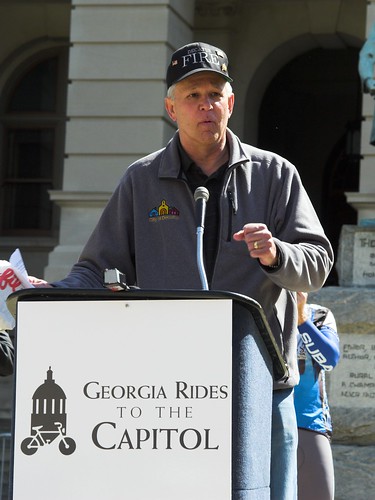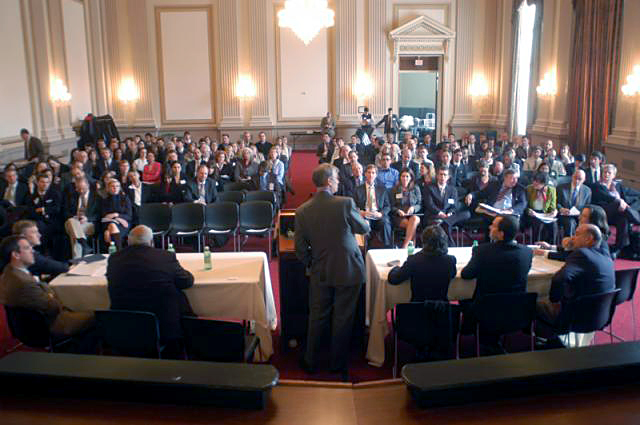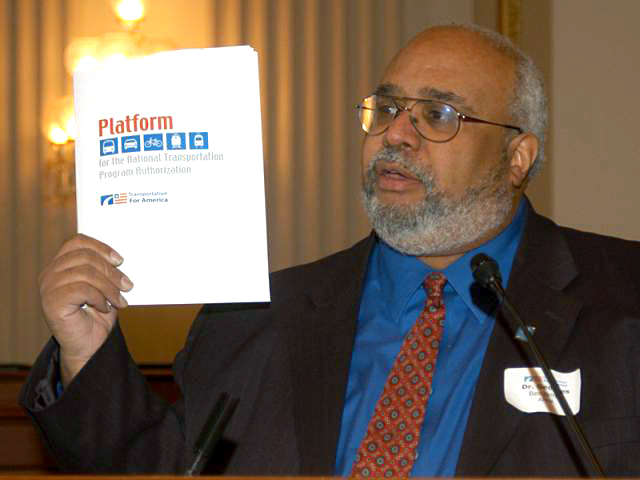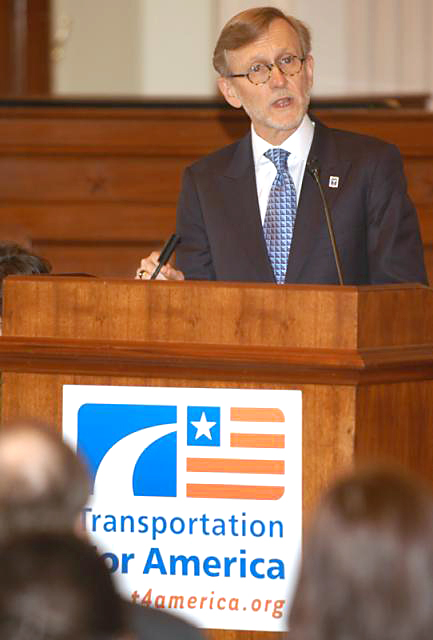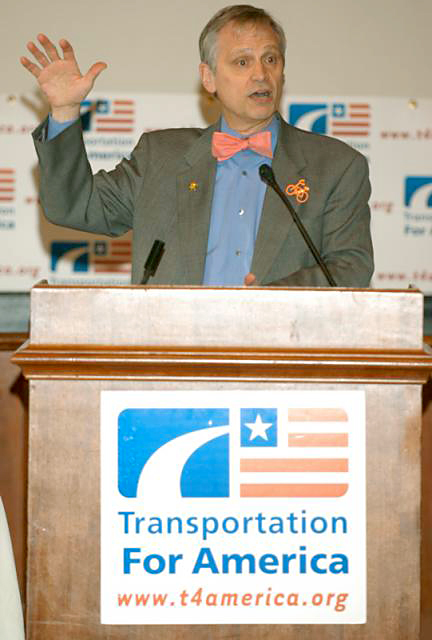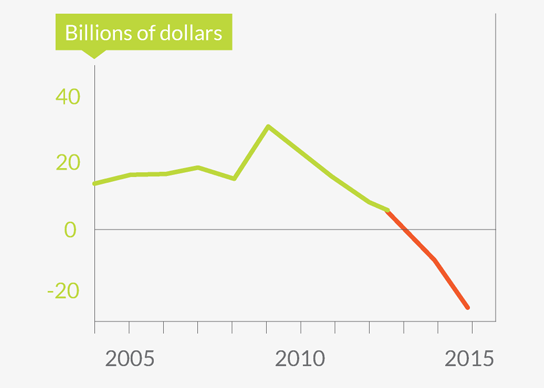
It’s not a new story by now: states and local governments stand to lose nearly all access to federal transportation support next year if Congress doesn’t act to shore up the nation’s transportation fund sometime before the end of the summer. So far, we’ve mostly talked about this as a national story, but make no mistake: insolvency would have huge impacts on local communities.
To explore the issue in that light, we’re supporting a bipartisan briefing pulled together by two key House members, Reps. Richard Hanna (R-NY) and Earl Blumenauer (D-OR), on the upcoming expiration of the current transportation law (MAP-21) and the aforementioned shortfall of the Highway Trust Fund. The panel this Wednesday for Hill staffers and media will include three local leaders who understand that investments in transportation are catalysts for development and economic success, using their perspective to localize the impacts of this story.
One story to be shared is the same one featured right here today in this new profile on our website:
What Mayor Koos from Normal, Illinois shares in that profile is the same message all three local leaders will bring to Washington on Wednesday: No matter how motivated and inspired, the American public and business community cannot do this alone. They need a federal partner that ensures their plans can be realized to provide businesses the opportunity to compete in today’s global economy and allow people to efficiently access jobs and markets.
Also at the briefing will be Sarah Puro, an expert from the Congressional Budget Office, who will share a CBO analysis of the status of the Highway Trust Fund and the choices facing Congress regarding spending from and revenues collected by the fund.
Briefing panelists include The Honorable Chris Koos, Mayor of Normal Illinois; Marc Hill, Chief Policy Officer of the Nashville Area Chamber of Commerce; Charles Hunsicker, Director of Manatee County Florida Parks and Natural Resources, and Sarah Puro, Principal Analyst at the Congressional Budget Office (CBO).
Be sure to follow us on Twitter on Wednesday from 10:30 a.m. – 12 p.m. to hear a few highlights, and watch this space for a short wrap-up after the briefing.




